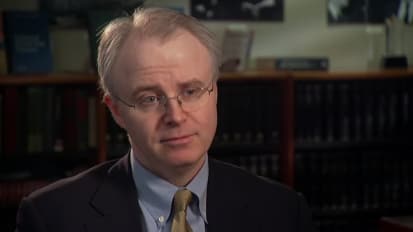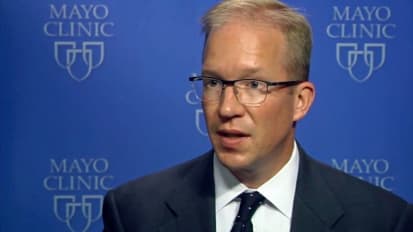Latest Videos |view all videos

Overview of the kidney transplant process at Mayo Clinic
Mayo Clinic kidney transplant surgeon Patrick G. Dean, M.D., discusses the basics of kidney transplantation.
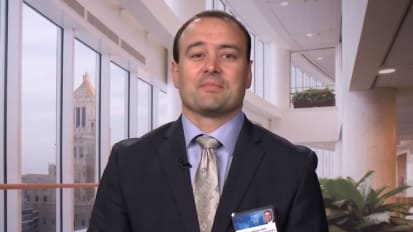
Treatment for people with cholangiocarcinoma at Mayo Clinic
Rory L. Smoot, M.D., describes treatment options and the specialized team of experts at Mayo Clinic who provide care for patients with cholangiocarcinoma.

Corneal Suturing, Part 1: A curriculum for suturing the cornea
In this series of videos, Leo J. Maguire, M.D., discusses how to engineer the placement of a suture in a corneal transplant so that the length, depth and radiality of the sutures are consistent around the circumference of a corneal graft.
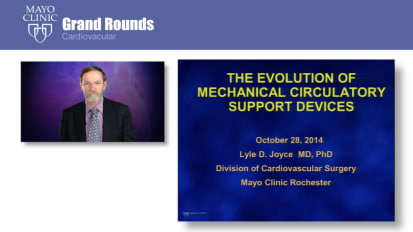
Grand Rounds: The Evolution of Mechanical Circulatory Support Devices
Mayo Clinic cardiovascular surgeon Lyle D. Joyce, M.D. reviews the history of mechanical circulatory devices in this Mayo Clinic Cardiac Surgery Grand Rounds video.

Grand Rounds (CME): Bringing Hope and Healing to our Wounded Warriors
Kenton Kaufman, Ph.D. presents Bringing Hope and Healing to our Wounded Warriors.

Liver transplant patients can avoid costly stay in ICU after surgery — Mayo Clinic
C. Burcin Taner, M.D., chair of Transplant Surgery at Mayo Clinic's campus in Florida and the study's senior investigator, discusses study finding. The liver transplant team at Mayo Clinic's campus in Florida has found, based on 12 years ...

2 fronts, 1 battle: Trauma surgery innovations
Donald Jenkins, M.D., Mayo Clinic trauma director, describes how collaboration between military and civilian trauma surgeons improves care for all patients.

Mayo Clinic Study of Kidney Surgery and Chronic Kidney Disease
Interrupting the blood flow for more than 20 to 25 minutes during kidney cancer surgery leads to a greater risk for patients developing chronic kidney disease
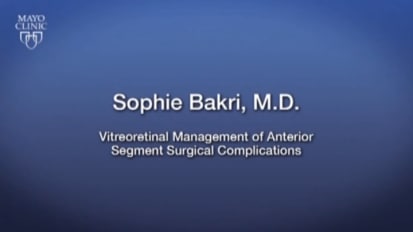
Mayo Clinic Retina Update and Case Conference: Vitreoretinal
The following is a presentation by Sophie J. Bakri, M.D., titled "Vitreoretinal Management of Anterior Segment Surgical Complications" presented at the Mayo Clinic Retina Update and Case Conference.

Repair or Replacement in Ischemic Mitral Regurgitation?
Robert Widmer, MD, PhD, and Rakesh M. Suri, MD, DPhil discuss the practical takeaways from a recent study comparing valve repair with valve replacement in patients with severe ischemic MR.
